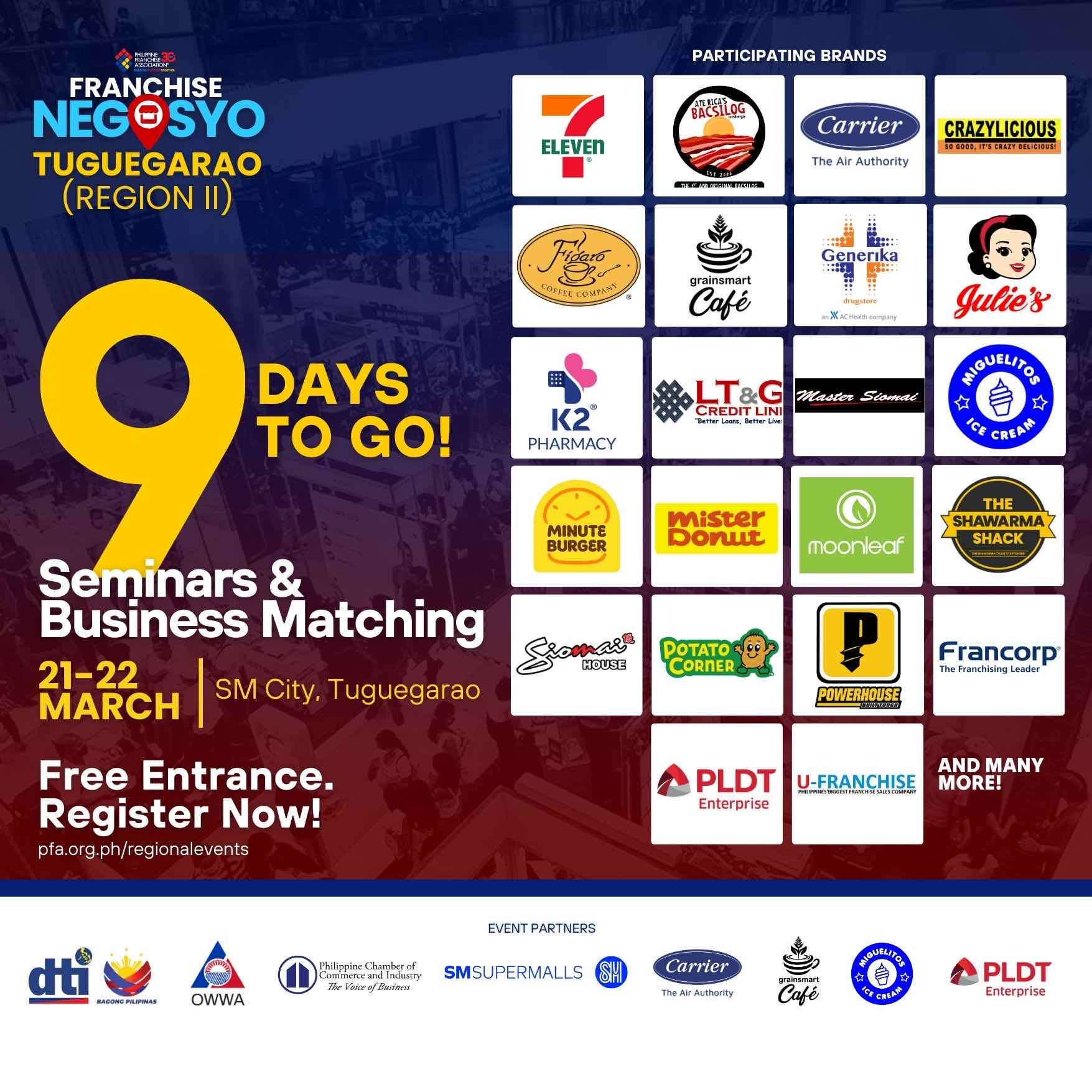Having a hobby is an important part of life.
People usually pass off their hobbies as something trivial, but they’re a great way to express yourself and to relieve stress from school or work. A hobby is also a way to generate money — if you’re dedicated enough. From baking to watching a television series, here are four tips to convert your hobby into a money-making business.
01 Teach your hobby to other people
Some hobbies are perfect for involving other people — among them are playing an instrument, doing arts and crafts, and cooking. You can offer lessons on a weekly or monthly basis depending on your schedule, or give occasional workshops to other enthusiasts.
02 Make great use of your social media accounts
With today’s technological innovation, life has become a tad easier. With social media accounts like Facebook, Twitter, and Instagram, you can share your hobby with people all over the world. This is especially great for people who do arts and crafts as a hobby. Establish an account and grow a following — this way, it’ll be easier to sell your product. You can even offer commissions, once in a while.
For people who don’t make tangible goods, Youtube can be your best friend in sharing your hobby. From doing your makeup, to discussing what happened to the latest episode of that show you’re watching, to baking, you can put up videos and let the internet do the rest. People are always seeking out content to watch, find your target audience and keep churning out videos to gain a following so you can monetize your content.
03 Create a website for your hobby
Developing a website for your hobby isn’t just a way to share your interest with other people, it’s also a way to generate money especially if you look into selling ad space. The more people who flock onto your website, the more traffic it’ll have.
04 Reach out to your local community
Reaching out to your local community is a great way to let others know about the products or services you can offer. Perhaps you can make a deal with your local bakery about selling your cupcakes once in a while, or open up classes for the kids in your community. Engaging with people you’ve known for as long as you live there is easier because they already know and trust you.
One key takeaway from this is that converting a hobby into a business runs the risk of turning something you love into a chore. Saga Magazine says to make sure you know why you want to sell your products in the first place. Make sure that continuing your hobby and being able to share it with others stay at the forefront of your mind — earning from it is rewarding and fun, but don’t overwork yourself trying to keep up with orders and demands!










